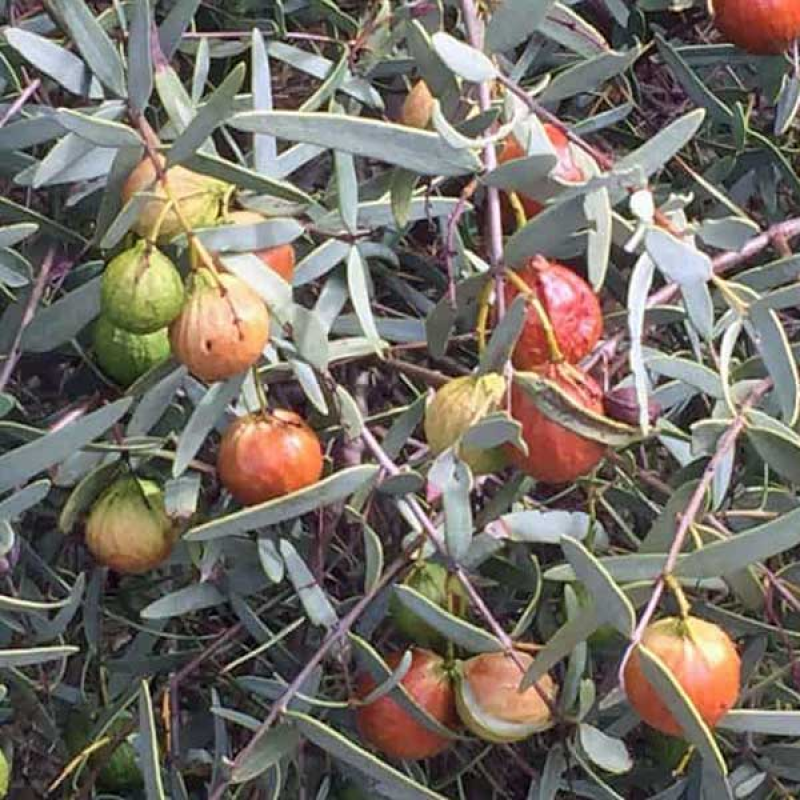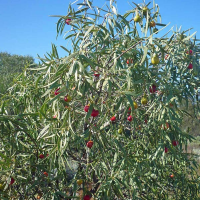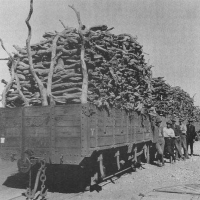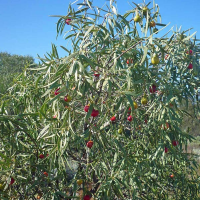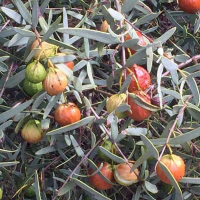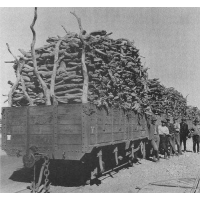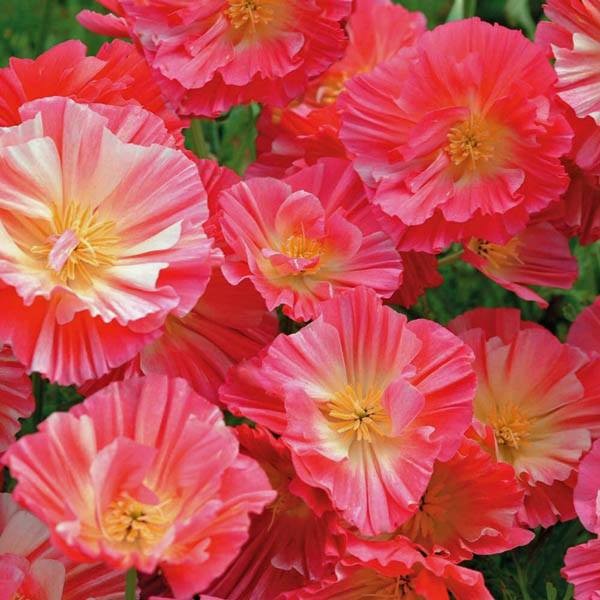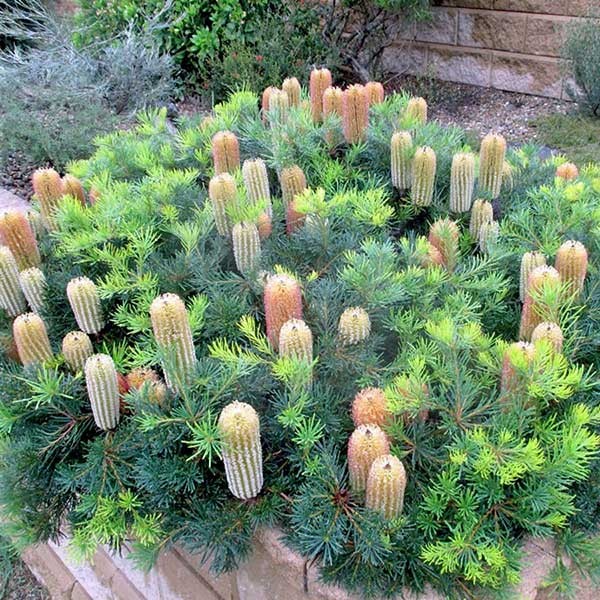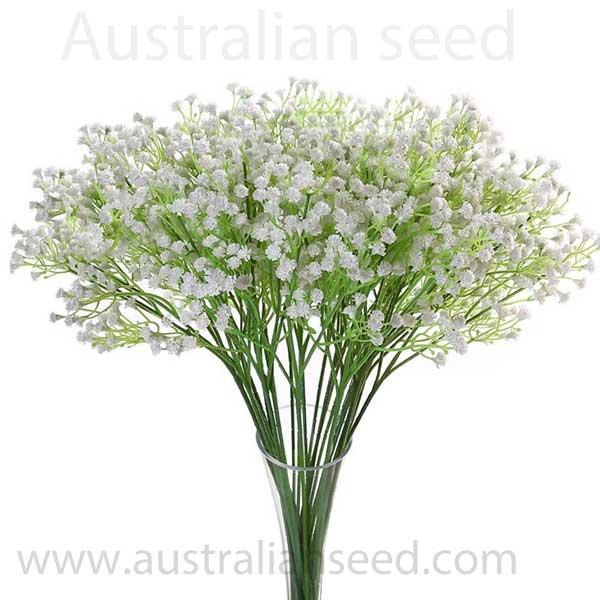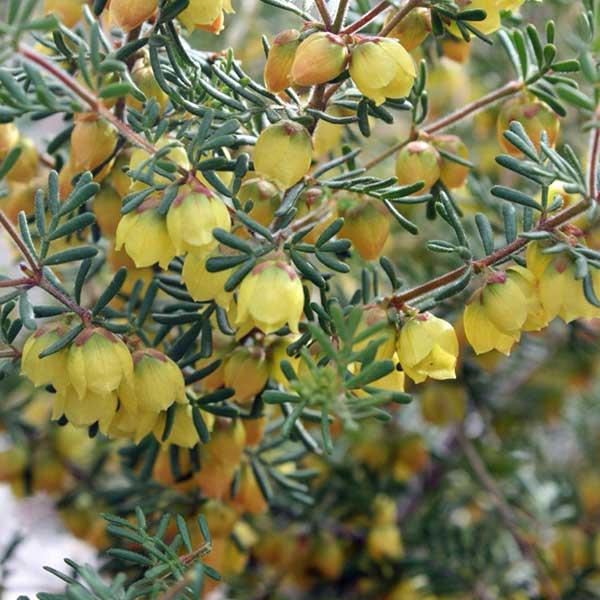We ship Internationally and Australia wide | Phytosanitary Certificates available for international orders.
Native to the semi-arid areas in Southwest Australia sandalwood has long been traded for its aromatic oil and timber.
The oil is derived from the roots and the timber.
Santalum spicatum has been used sustainably as a source of bush food and medicine for thousands of years by Aboriginal Australians, who also use it in smoking ceremonies.
The early settlers harvested Sandalwood oil for use for medicinal purposes prior to the discovery of penicillin and also as a fixative for cosmetics.
As an aromatic wood it is used for the production of joss sticks and huge quantities were exported to China and Hong Kong.
A semi-parasitic shrub up to 5m high that requires a host tree to grow to maturity, the most commonly used species is Acacia acuminata.
Adaptable to most dry well-drained soils in an open sunny position, drought and frost tolerant and high soil salinity.
Occurs naturally in the IBRA Subregions of Ashburton, Augustus, Cape Range, Carnegie, Central, Chichester, Eastern Goldfield, Eastern Mallee, Eastern Murchison, Edel, Fitzgerald, Fortescue, Geraldton Hills, Hamersley, Katanning, Lateritic Plain, Merredin, Northern Jarrah Forest, Nullarbor Plain, Perth, Recherche, Shield, Southern Cross, Tallering, Trainor, Western Mallee, Western Murchison and Wooramel in Western Australia.
Please Note: Although many of the traditional Bush Food and Medicine plants are now commercially produced in various forms we recommend you research these before using them as any form of food or medicine. Some parts of the plant may not be edible or some may need to be prepared before they are safe to eat or use in any way. We do our best to describe their traditional & modern uses. It is the purchaser's responsibility to ensure they are fit for their intended use.
Adaptable to most dry well-drained soils in an open sunny position, drought and frost tolerant and high soil salinity.
Occurs naturally in the IBRA SubregionsAshburton, Augustus, Cape Range, Carnegie, Central, Chichester, Eastern Goldfield, Eastern Mallee, Eastern Murchison, Edel, Fitzgerald, Fortescue, Geraldton Hills, Hamersley, Katanning, Lateritic Plain, Merredin, Northern Jarrah Forest, Nullarbor Plain, Perth, Recherche, Shield, Southern Cross, Tallering, Trainor, Western Mallee, Western Murchison, Wooramel.
Grow notes:
Sandalwood seeds have a hard casing, to assist germination it is best to break through that casing to allow moisture to be absorbed and start the germination process.
This can be achieved in a number of ways, filing with a file or cutting with a hacksaw blade.
Our preferred method is the hacksaw as it easily cuts through the hard shell.
- It is best to cut in the centre of the seed, care needs to be taken not to damage the embryo. As you cut through carefully check on the colour as you progress, just before you expose the embryo you will notice a whiter colour appear in the shell, proceed to cut slowly until you just see the colour of the embryo.
- Soak the seed in water for 24 hours to allow water to ingress into the embryo then simply sow the seed approximately 8-10mm under the surface of the growing mix.
- Keep warm and moist at around 20-24°C (68-75F)
- Germination can vary depending on temperature, moisture levels and how well you have cut or sanded your seed but expect results in 28-90 days.
The seed will also germinate successfully in the compost pile, providing it is kept moist and retains heat. Simply cover the compost with a damp hessian bag and stay moist. Check periodically for germination.
Another success has been reported by placing the kernels in moist vermiculite in sealed plastic bags at room temperature. Once germinated, seeds should be planted next to a (preferably Australian native) seedling and watered adequately.
Due to the size of this seed, a $6.00 additional shipping charge is applied as it can only be posted as a parcel.
Success has been reported by placing the kernels in moist vermiculite in sealed plastic bags at room temperature.We now stock a range of Propagation Accessories including the popular Aquamiser Propagation Kits, Pots, Native and Forestry Tubes, Trays, Labels, and more.
We can only ship these items to Australian locations, international customers please request a shipping quote prior to purchasing.

